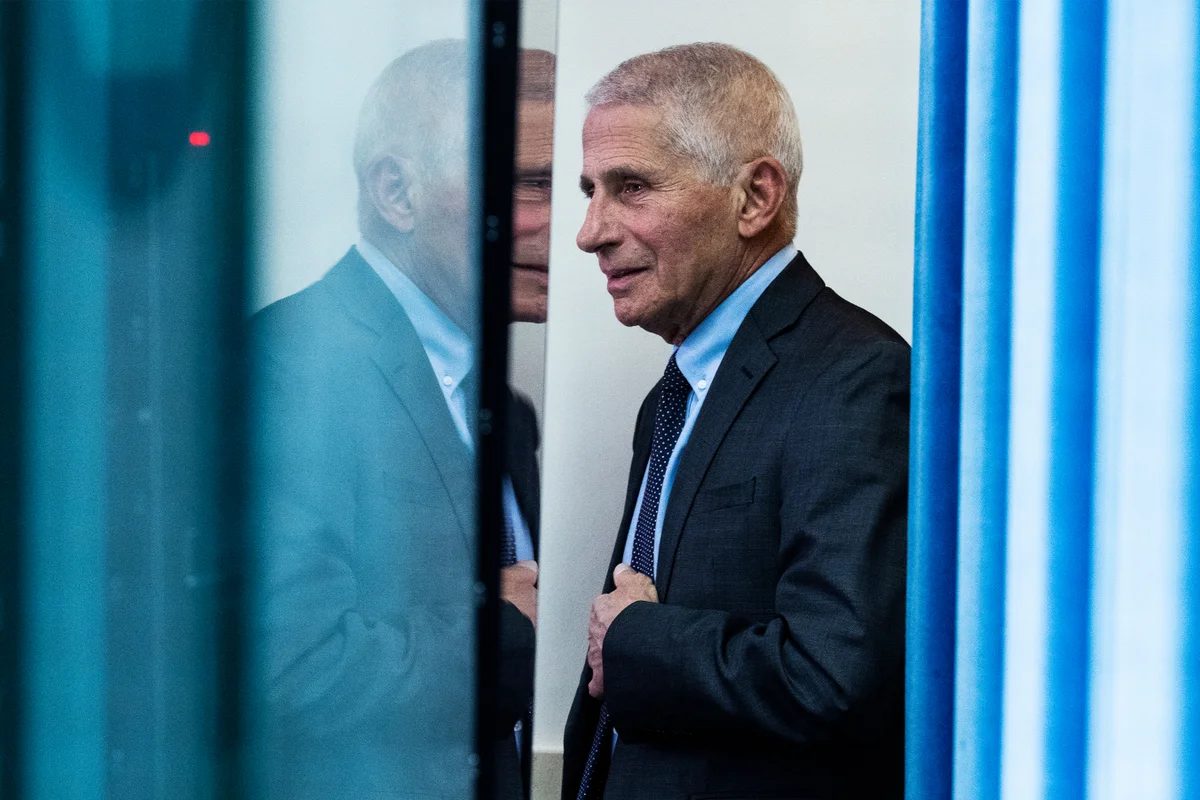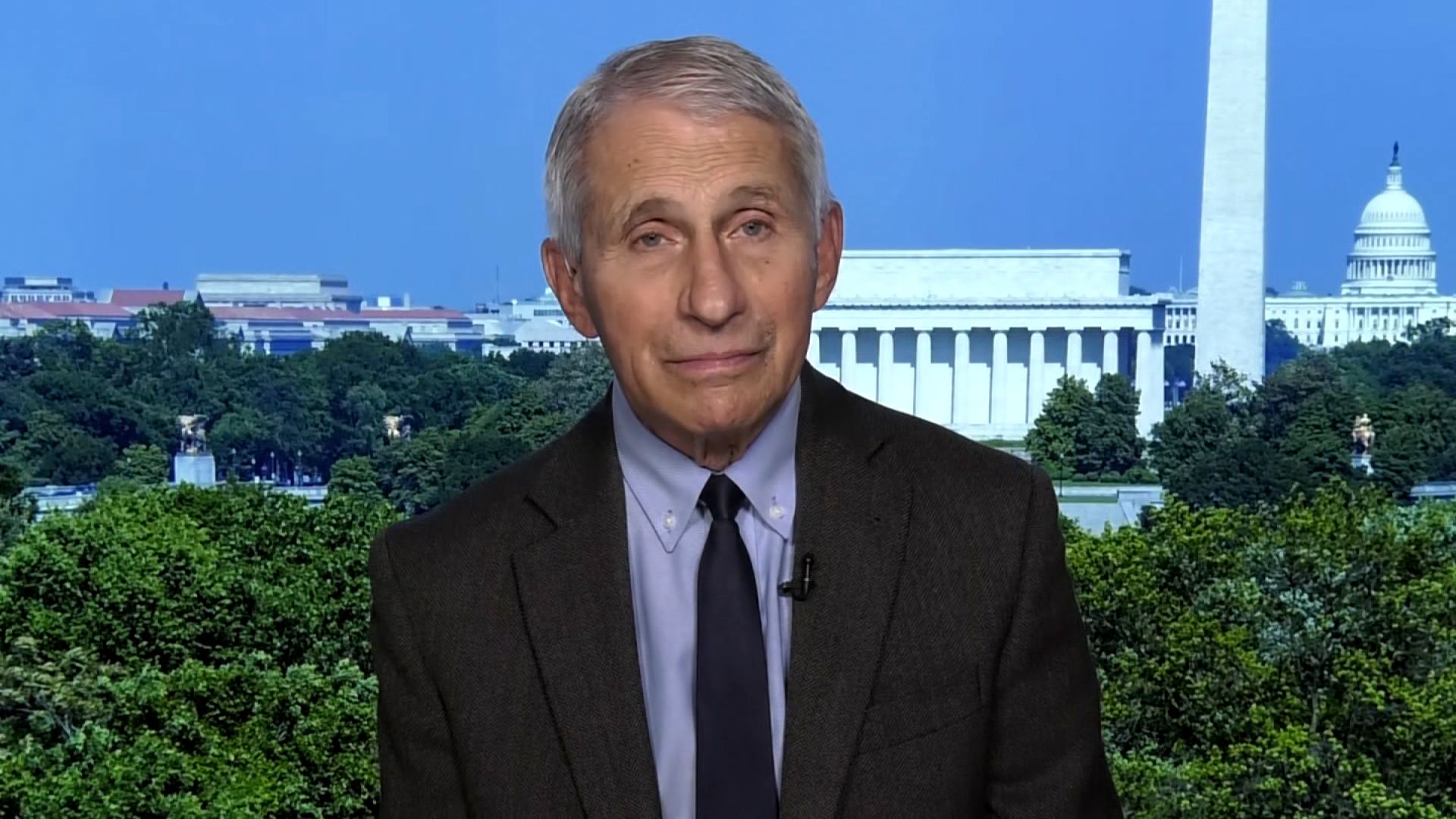Former White House chief medical adviser Anthony Fauci defended the use of masks amid a resurgence in COVID-19 cases across the United States on Saturday, expressing concern over public adherence to health recommendations.
Speaking in an interview, Fauci emphasized his worry that Americans might disregard advice from health authorities, even if a return to mask-wearing becomes advisable.
“I am concerned that people will not abide by recommendations,” Fauci said.
“I would hope that if we reach a point where the number of cases rises significantly and organizations like the CDC recommend—though they do not mandate—mask-wearing, people would follow that guidance, considering the risks to themselves and their families.”
Fauci, who formerly directed the National Institute of Allergy and Infectious Diseases at the National Institutes of Health, noted that a few companies have already begun to reinstate mask mandates for employees, prompting concerns that broader national guidelines may soon be necessary.
Addressing a study earlier this year that suggested masking may not be effective, Fauci argued that its conclusions were misleading, especially when considering individual protection.

“When you consider the impact on the pandemic, the data is less conclusive,” Fauci explained. “However, when it comes to personal protection, there is ample evidence from numerous studies that masks offer a benefit.”
The study, published by the reputable Cochrane database, initially claimed that masking “probably makes little or no difference.”
This assertion gained traction among anti-mask and COVID-skeptical communities, although fact-checkers subsequently criticized it for its misinterpretation of data.
Cochrane itself clarified the study’s findings, stating that they had been widely misunderstood.
Recent CDC data indicates a resurgence in COVID-19 cases nationwide, particularly affecting cities like Houston, which experienced a significant late-summer surge. Hospitalizations have increased by approximately 19%, and deaths by 18% over the past week.
Despite the recent uptick, these numbers mirror hospitalization rates observed in February, following a winter spike that subsequently declined.
